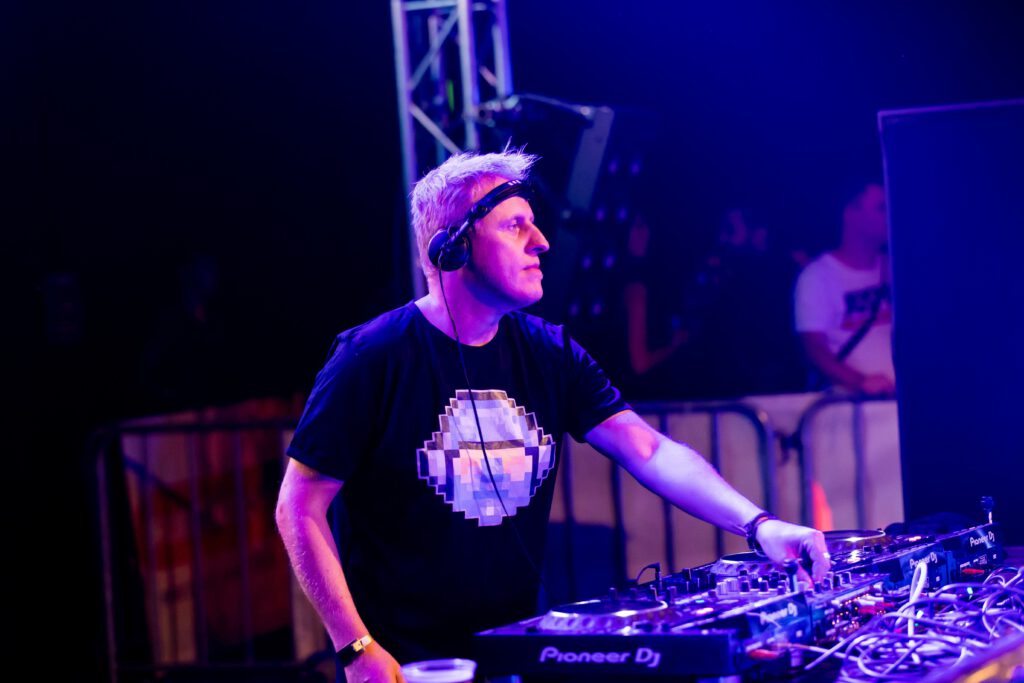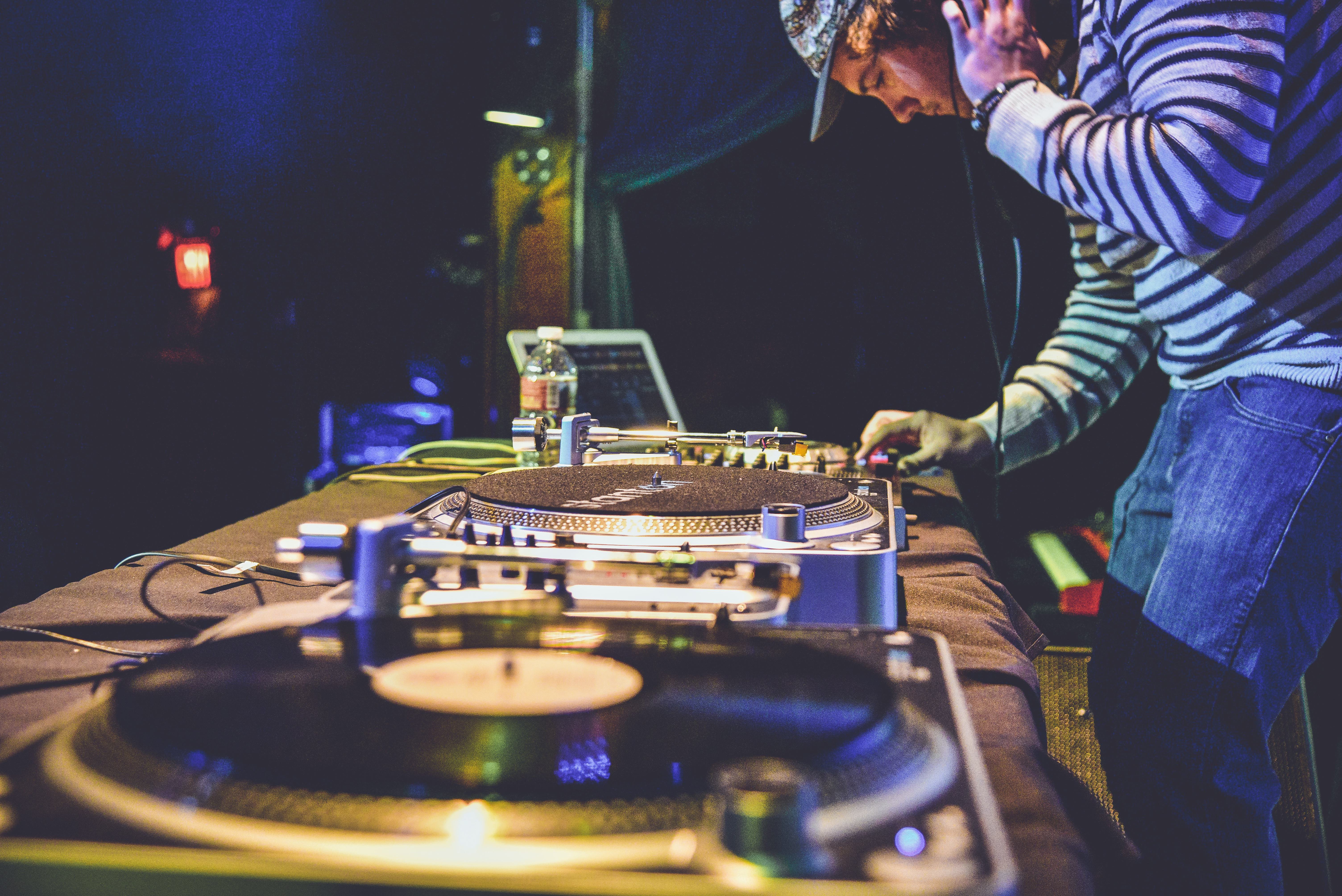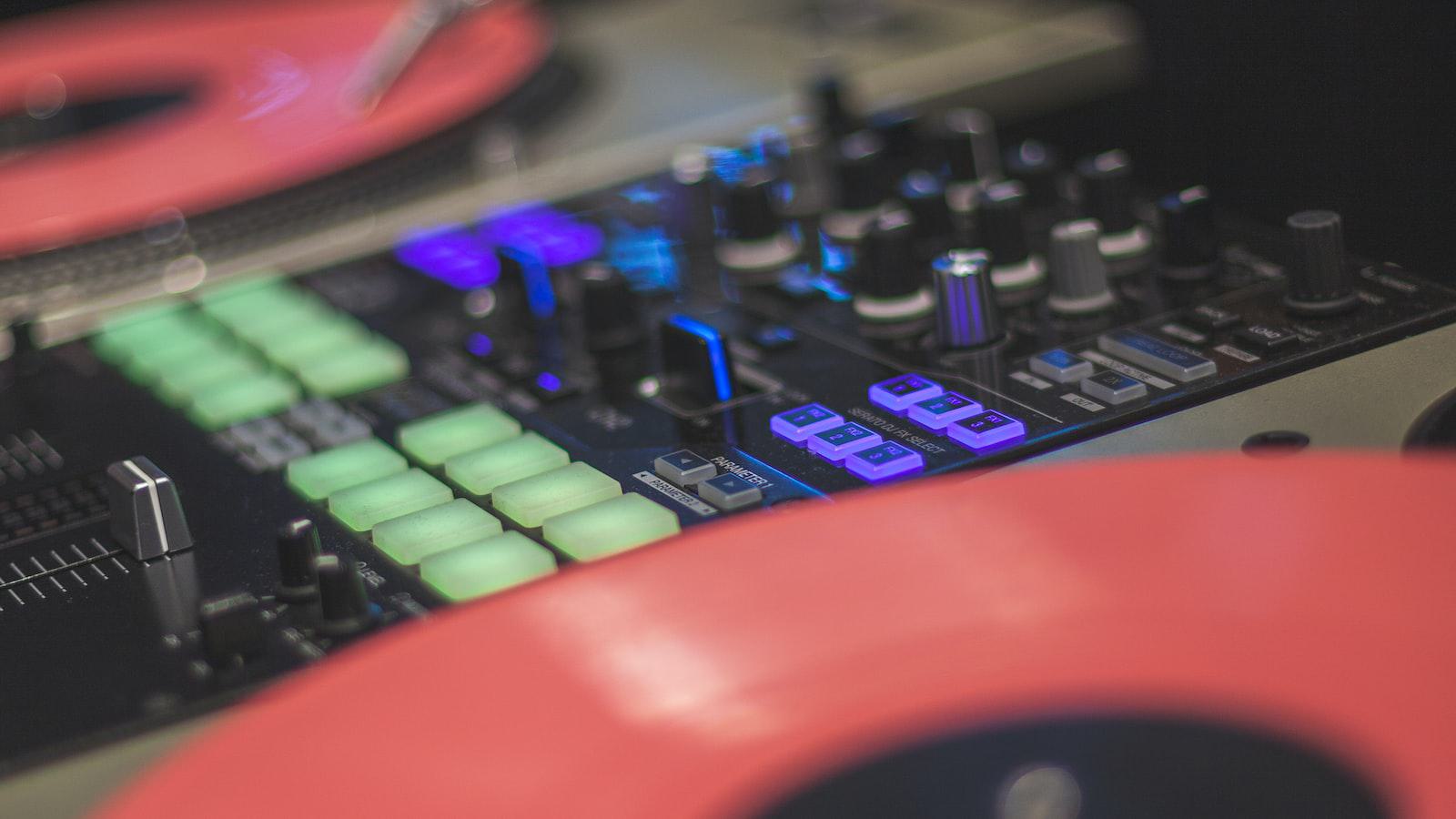
What advice do you have for someone just starting as a DJ?
Do you feel like you have the music inside, but you keep it locked away, unable to find a form of expression? Look no further – starting your DJ career can give you the creative outlet you desire! From guidance on technical details to creative tips, this article aims to give you the information you need. So don your headphones and prepare to join the vibrant world of DJs!
1. Assessing Your DJ Skills
Analyzing Your Performance
- Before you start your DJ journey, assess your current skill level.
- Pay attention to the music you are playing and be aware of what works and what doesn’t.
- Note the reactions of the audience and identify technical mistakes you may be making.
- Observe the mixing patterns of experienced DJs and compare them to your own.
Beyond Musical Ability
- Being a successful DJ is not only determined by your musical skills, but also by your knowledge of the industry.
- Gather information about the music industry, new trends and equipment.
- If you have the funds, invest in high-quality equipment (turntables, mixers, effects, etc.).
- Develop your communication skills, as you may be required to contact and network with other DJs or professionals.

2. Setting up the Basics for DJ-ing
Aspiring DJs need to focus on a few core basics while setting up for a turntable set. First and foremost, the setup should be organized and thought through in a way that allows for a smooth transition from one song to the next. Here is what one should consider in setting up the basics for DJing:
- Sounds system: quality speakers are a must, and one should also opt for a good amplifier, mixer, and soundcard.
- Turntables: Test out the turntables one might choose to use to ensure they are functioning properly and able to handle scratches or fast forward/reverse for a turntablist set.
- Cables and connection: Have necessary cables, RCA connectors, and adapters on-hand for connecting the sets.
- DJ Software: Ideally, one’s DJ setup should integrate a laptop or computer to run the chosen DJ software.
- Portable Hard Drive: Depending on the software and devices used, keep an external hard drive handy to store, organize, and play music from.
In order to achieve the best sound quality possible, set up a budget for the equipment. Expensive does not always mean better. Be familiar with the ins and outs of efficiency, design, features, and build so one can navigate through all the options available today when shopping for the perfect DJ setup.

3. Building a Network in the Music Industry
Whether you’re a musician, producer, manager or any other part of the music industry, having a network of contacts is essential. As the saying goes, “It’s all about who you know”. But how do you go about making the right connections? Here are 3 key tips on building a strong network in the music industry.
- Establish your presence – You need to make sure people know who you are. Attend music industry events and connect with others, create an online portfolio of your work, and join industry groups and online forums.
- Be reliable and proactive – Build up a great reputation, make sure people know they can count on you. Show initiative by offering advice and helping out whenever you can.
- Ride the wave of opportunity – Keep your eyes open for opportunities, unheard of collaborations, and connections. Don’t be afraid to make a move when you see an opportunity.
It can take time and effort to build a strong network in the music industry. But it’s an essential part of success in the field. Take the right steps, and you could be on your way to making great connections and achieving big things!

4. Advising on Performance Techniques
Providing Feedback
Advising on proper performance techniques is an invaluable step to ensure that all performers have the opportunity to hone their craft and reach their full potential. Often, such advice requires direct and honest feedback in order to identify areas that need improvement. When providing advice and feedback, one should be sure to stay constructive and positive in order to build up the performer’s confidence and boost morale. This is best done through:
- Breaking down complicated concepts into manageable chunks
- Providing helpful tips and tricks
- Providing regular progress feedback
- Demonstrating techniques (e.g. demonstrating the proper way to use a tool or making sure that the performer is using the correct form)
In addition, offering advice in a manner that allows for open dialogue and collaboration is also incredibly helpful. Asking the performer questions, such as “What do you think would work best in this situation?”, allows them to apply their own unique perspectives and ideas. This can set performers up for success and give them the tools to perform to the best of their abilities.
In Retrospect
For those just starting out as a DJ, know that it is a demanding but rewarding path. So, be brave, stay passionate, be inspired, and turn your dreams into reality. Best of luck on your DJ journey!

